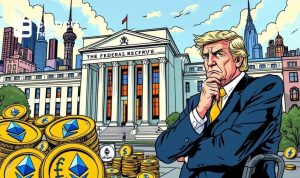United Texas Bank CEO Scott Beck argued that stablecoin issuers like as Circle (USDC) were “essentially draining deposits out of the banking industry.”
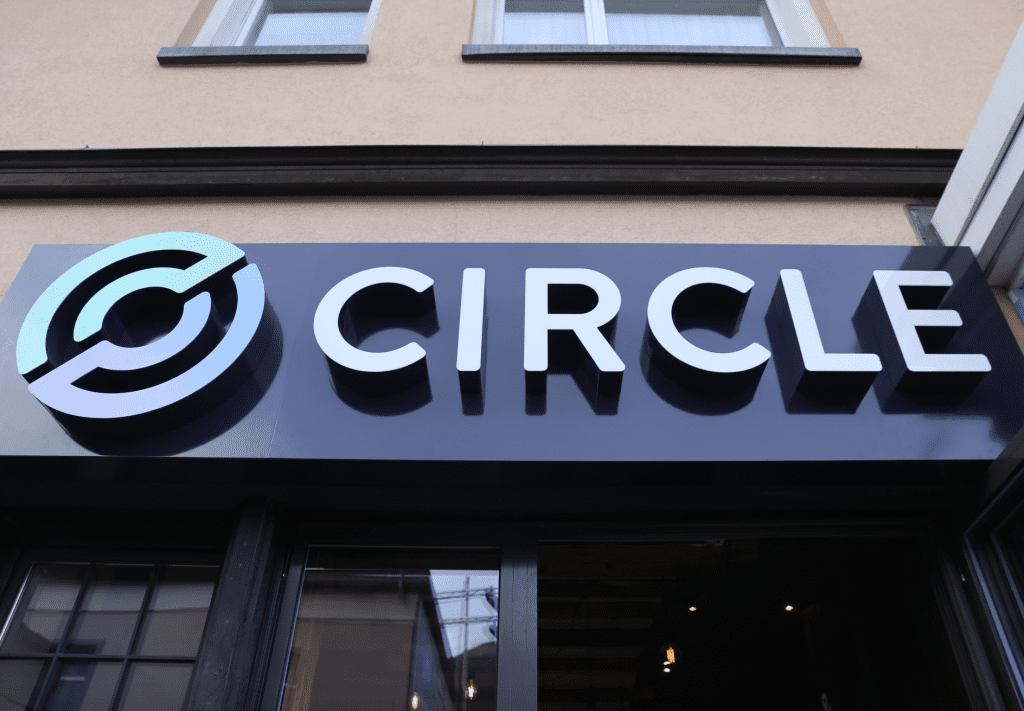
Scott Beck, CEO of United Texas Bank, urged members of the state’s blockchain working group to adopt regulations that would leave stablecoins to banks rather than crypto companies.
Beck proposed limiting the issuing of US dollar-backed stablecoins to licensed banks rather than issuers like Circle at the Texas Work Group on Blockchain Matters on Friday in Austin.
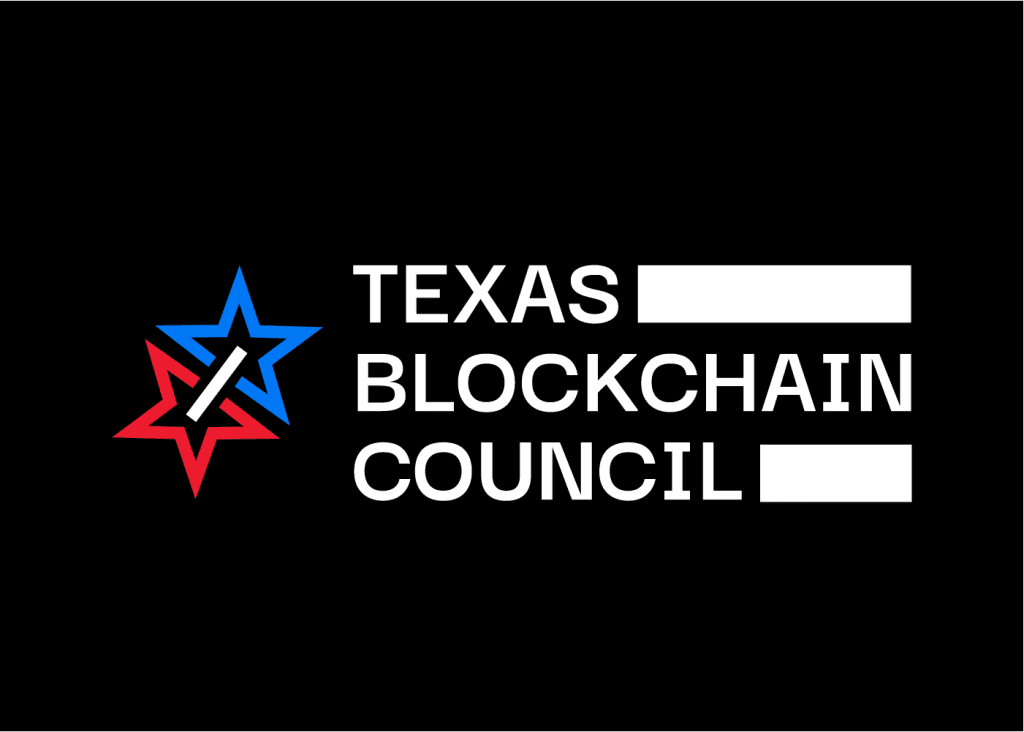
According to the CEO of United Texas Bank, a November report from the President’s Working Group on Financial Markets stated that stablecoin issuers should be subject to the same requirements as insured depository institutions such as state and federally regulated banks. He said:
“If such stablecoins are defined to be money, banks are the proper economic actor to issue and manage stablecoins. Banks have the expertise and legal framework for handling money, and unlike today’s stablecoin actors, banks are highly regulated at both the state and federal level.”
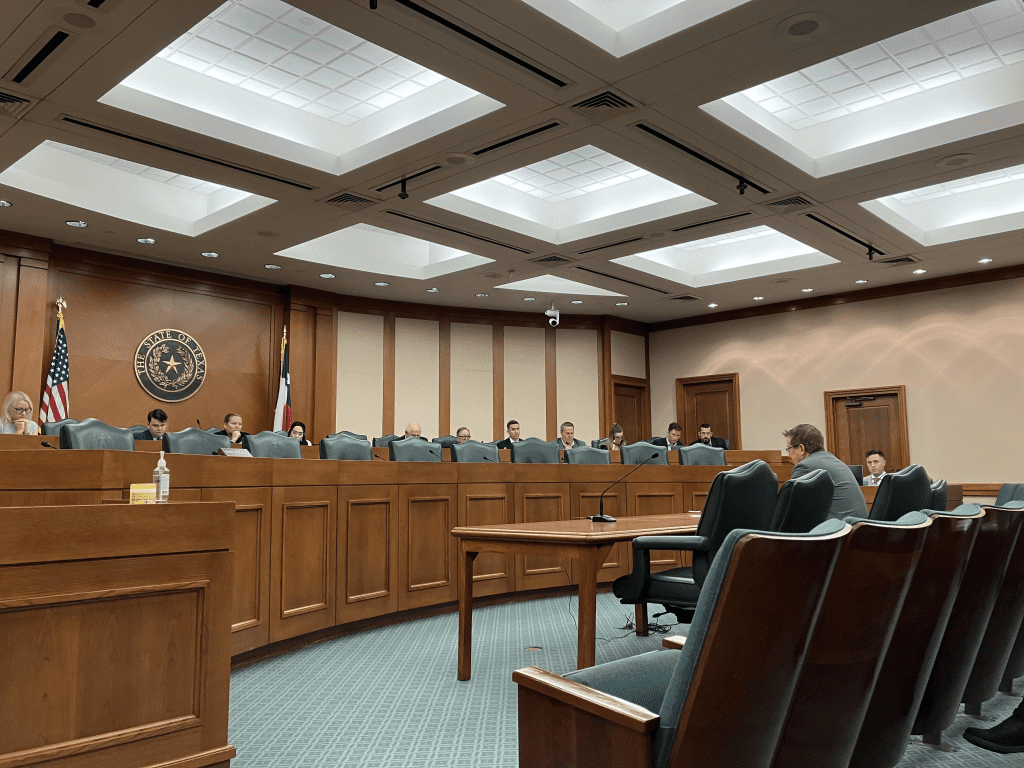
Beck added:
“Bringing stablecoin activities into the banking sector and prohibiting non-banks from issuing stablecoins will enhance consumer protection and attract additional resources and capital to this emerging area of economic activity.”
In answer to a question from working group member and MoneyGram general counsel Robert Villaseñor, Beck stated that stablecoin issuers such as Circle held assets at “other institutions” rather than banks, thereby “effectively sucking deposits out of the banking industry.”
He went on to say that some stablecoins were especially sensitive to runs, which may damage the economy if the market reached a certain size, and that leaving the issuance to banks guaranteed to Know Your Customer requirements were followed.
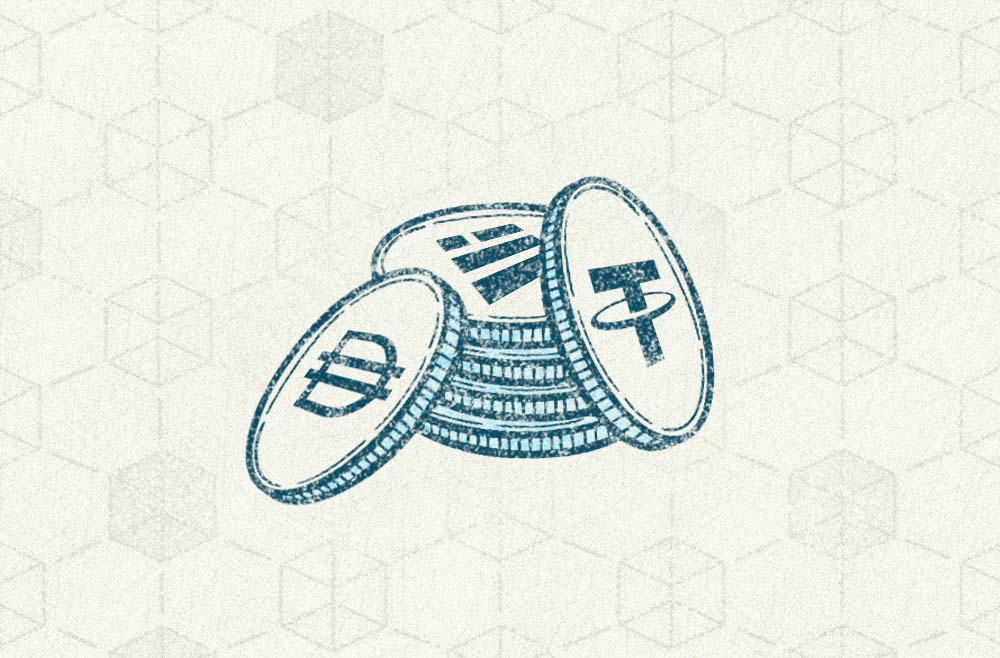
Beck’s proposal was criticized as “anti-competitive” by Lee Bratcher, president of the Texas Blockchain Council, who was present at the hearing. The bank CEO argued that one of the significant differences between licensed banks and private entities issuing stablecoins is that the cash behind the tokens for the former would stay “sitting at the Fed,” ensuring the assets were FDIC guaranteed.
Circle’s USDC stablecoin is said to be 100% backed by cash or cash equivalents such as bank deposits, Treasury bills, or commercial paper. The stablecoin issuer stated in March that financial firm BNY Mellon would be in charge of custody of its USDC reserves — at the time of writing, more than 52 billion coins were in circulation.
DISCLAIMER: The Information on this website is provided as general market commentary and does not constitute investment advice. We encourage you to do your own research before investing.
Join CoinCu Telegram to keep track of news: https://t.me/coincunews
Follow CoinCu Youtube Channel | Follow CoinCu Facebook page
Harold
CoinCu News
















